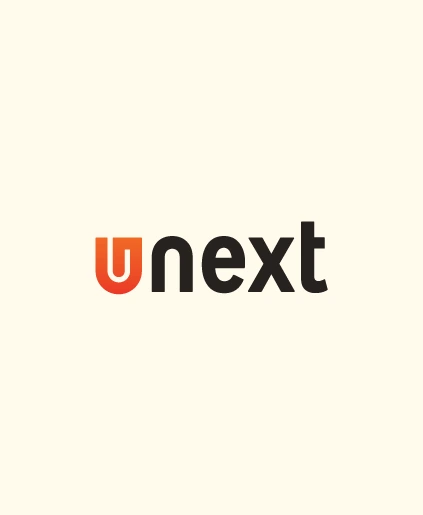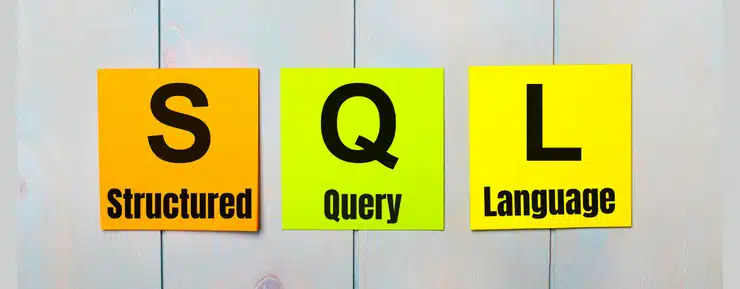Best Morgan Stanley Data Engineer Interview Questions

Introduction
Data Engineer is responsible for managing the flow of data to be used to make better business decisions. A solid understanding of relational databases and SQL language is a must-have skill, as an ability to manipulate large amounts of data effectively.
A good Data Engineer will also have experience working with NoSQL solutions such as MongoDB or Cassandra, while knowledge of Hadoop or Spark would be beneficial. In 2022, data engineering will hold a share of 29.8% of the analytics market, whereas, in 2027, it will hold a share of 43.2%.
Being a hybrid role, Data Engineer requires technical as well as business skills. They build scalable data processing pipelines and provide analytical insights to business users. A Data Engineer also designs, builds, integrates, and manages large-scale data processing systems.
Let’s discuss some of the key responsibilities of a Data Engineer:
Data Engineers are responsible for deploying the solutions they design and build, and they should have a good knowledge of cloud platforms like AWS, Azure, etc. They are also responsible for ensuring that the data is clean and organized, as well as making sure that it’s easily accessible to other departments within the company. They often work closely with database administrators to ensure they have access to all of the tools and resources needed to meet their goals.
It’s not just the data itself that is important, but also how that data can be used to make better decisions. A data engineer will often work closely with other departments within a company to find out what information they need and how they want it presented, as well as work directly with business analysts or IT specialists.
Morgan Stanley Data Engineer Interview Questions
As a data engineer at Morgan Stanley, you will be responsible for creating and maintaining the infrastructure for their data warehouse. You’ll need to design systems that can process and store large amounts of data in order to make it available for analysis by business units and provide solutions for complex problems. Let’s take a look at Morgan Stanley interview question:
-
What is data engineering?
The data engineering process involves the creation of systems that enable the collection and utilization of data. Analyzing this data often involves Machine Learning, a part of Data Science.
-
What is a data warehouse?
Information and data collected from different sources are integrated into one comprehensive database is called data warehousing.
-
How does a data warehouse differ from a database?
A database is an organized collection of data that can be stored, accessed, and retrieved easily. Data warehouses are databases that integrate transaction data from disparate sources and make them available for analysis.
-
What is the difference between a relational and a non-relational database?
Relational databases are structured, which means the data is organized in tables. In many cases, these tables contain data related to or dependent on one another. Non-relational databases store information more like laundry lists, with all information arranged alphabetically.
-
What are some examples of non-relational databases?
MongoDB, Apache HBase, Redis, Apache Cassandra, and Couchbase
-
What are slowly changing dimensions?
Slowly Changing Dimensions (SCDs) are data warehouse dimensions that store and manage both current and historical data over time.
-
What is a data lake, and how does it differ from a data warehouse?
Data lakes contain raw, unstructured data of an organization, which can be stored indefinitely – either immediately or in the future. Predefined business needs are analyzed based on clean and processed structured data that has been cleaned and processed using structured data warehouses.
-
What is AWS Kinesis?
AWS Kinesis, a managed, scalable, cloud-based service, allows for streaming large amounts of data per second that is processed in real-time.
-
What are the components of AWS Kinesis?
There are four main components of AWS Kinesis:
Kinesis Data Streams
Kinesis Firehose
Kinesis Data Analytics
Kinesis Video Streams -
Why do you need a stream data warehouse?
Streaming Data Warehouses offer real-time computing and allow users to use offline data warehouse functions online. Depending on the business requirements, users can make corresponding tradeoffs, solving a variety of problems.
-
Describe NameNode.
It serves as HDFS’ main hub and keeps track of different files across groups and maintains HDFS data. The actual data is not kept in this case. DataNodes are used to keep the data.
-
Describe Hadoop streaming.
It is a tool that enables the generation of maps and decreases jobs and the submission of those jobs to a particular cluster.
-
What is HDFS’s whole name?
Hadoop Distributed File System is known as HDFS.
-
Explain HDFS’s Block and Block Scanner.
The smallest component of a data file is a block. Large files are automatically divided into manageable chunks by Hadoop. A DataNode’s collection of blocks is verified by the Block Scanner.
-
What does COSHH stand for as an acronym?
Classification and Optimization based Schedule for Heterogeneous Hadoop systems is the acronym for COSHH.
-
Describe the Star Schema.
The most basic kind of Data Warehouse model is called a Star Schema or Star Join Schema. It allows for the possibility of numerous related dimension tables and one fact table in the star’s center. Large data collections can be queried using this model.
Conclusion
The Morgan Stanley recruitment process includes Data Engineer interview questions that are fairly straightforward. The best way to prepare for your interview is by studying some basic concepts and coming up with examples of how they can be applied in practice. For professional-grade info about the Data Engineer job role and interview process with an IIT Indore certification to jumpstart your career, you can opt for the Postgraduate Certificate Program in Cybersecurity or the Cyber Security Certification Course offered by UNext.
















